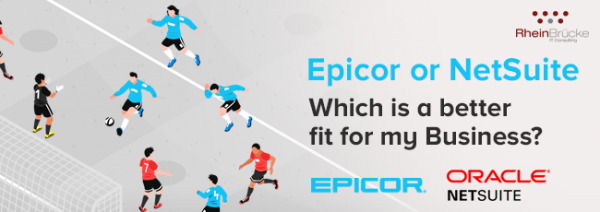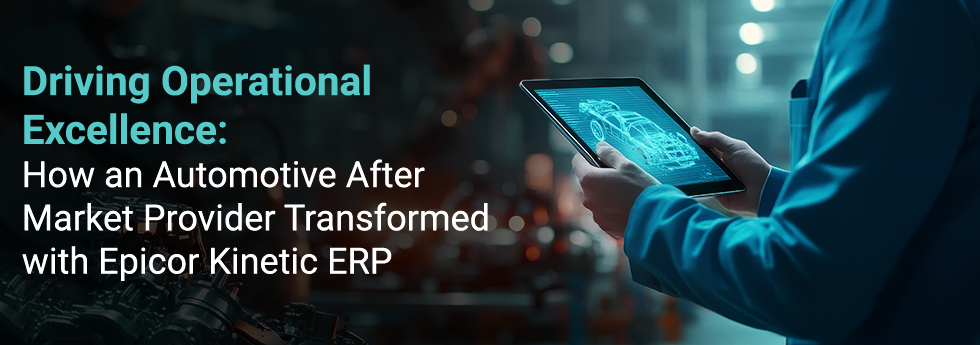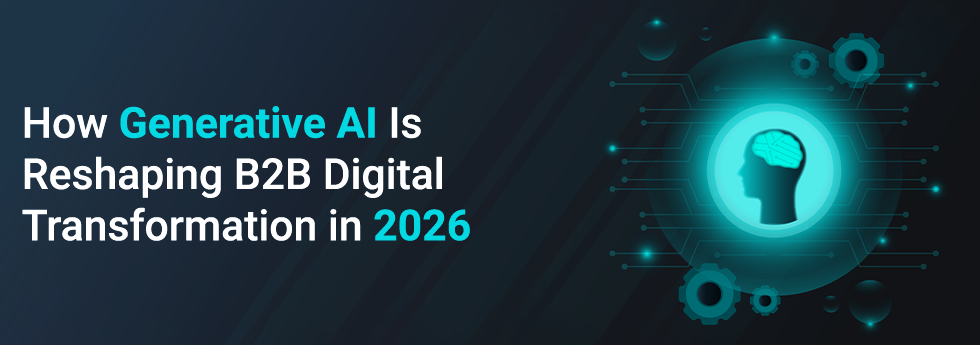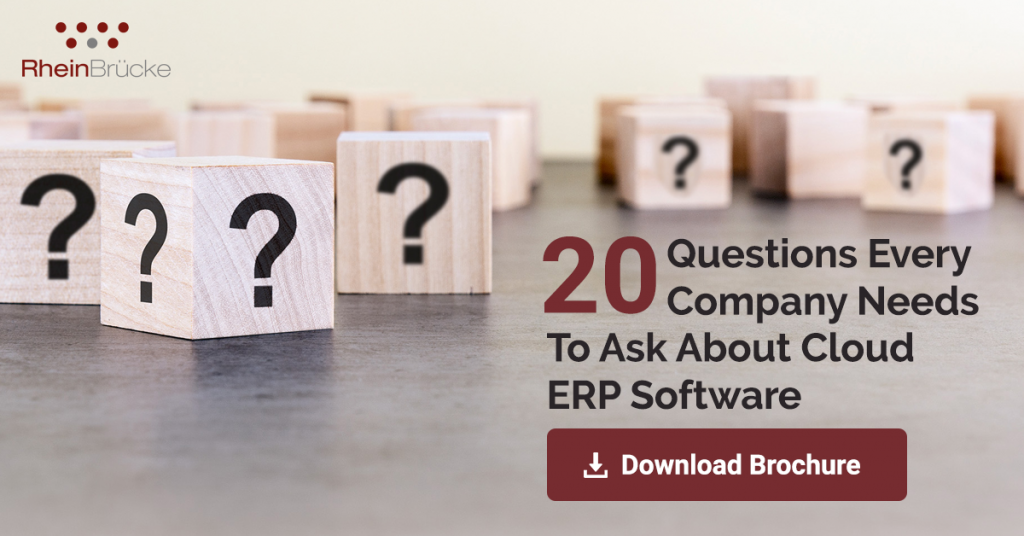
Businesses today identify ERP systems as one of the critical IT investments to equip their business with capabilities to meet the fast-changing needs of customers. But, the ERP software market today is saturated with solutions from numerous vendors offering a host of features and with different pricing models coming at different price points. It is not surprising why anybody looking to implement an ERP system for their business gets lost in the wide array of options to choose from. In this situation, the selection of an ERP system that best suits your business needs is more difficult than ever.
Although most of the systems offer similar range features, you will note a considerable variance within the actual feature set as well as the difference in other areas like Cost of ownership, implementation cost, time for implementation, ease of use, advanced functionalities and technology used, etc. These factors can, in fact, make a lot of difference in the benefits you get from an ERP system. Comparing the features of shortlisted ERP systems and weighing them with your business needs and constraints, and making trade-offs is the best way to go about choosing the right ERP for your business
For mid-sized to large organizations looking to implement an ERP system with robust features, SAP and Epicor turn out to be ideal candidates, both coming with a rich feature set and experience in the ERP industry.
Both systems prove to be strong contenders with comprehensive features and advanced underlying technologies. They allow users to benefit from the latest technologies like Artificial Intelligence, Social Collaboration and Business Intelligence to gain valuable insights and enable better decision making. All this said, it is quite tough to choose between the two vendors. In this blog, we help you make this decision by pointing out the major differences between the products from SAP and Epicor so that you can confidently choose the ideal solution for your organization.
SAP
SAP is the largest player in the global ERP market with more than 25% market share. It is a leader in the 2017 ERP technology Value Matrix by Nucleus Research. SAP offers three distinct products:
SAP S/4 HANA – The solution from SAP for large enterprises.
SAP Business One – SAP’s product for small and mid-sized businesses. While SAP
SAP Business ByDesign – The multi-tenant cloud solution for mid-size enterprises.
All three SAP ERP systems offer in-depth solutions to customers with comprehensive functionalities. It has modules for streamlining your various business processes including financial management, human resource management, sales, operations, supply chain management, and customer relationship management.
While SAP S4/HANA solutions offer on-premise and cloud deployments, SAP Business ByDesign is designed for the cloud.
One of the greatest strengths of SAP systems worth mentioning is the underlying SAP HANA database that is used in its products, which allows for complex and robust business analytics faster.
Epicor
Epicor is a mid-tier ERP system catering to mid-size and large businesses. It has been Positioned as a Visionary in the Gartner Magic Quadrant for Cloud ERP for Product-Centric Midsize Enterprises. Additionally, Epicor received the highest score in the ERP Functionality use case in Gartner’s Critical Capabilities report for Cloud ERP for Product-Centric Midsize Enterprises and Panroma Consulting’s 2017 ERP report identifies it as the top performer in the midmarket.
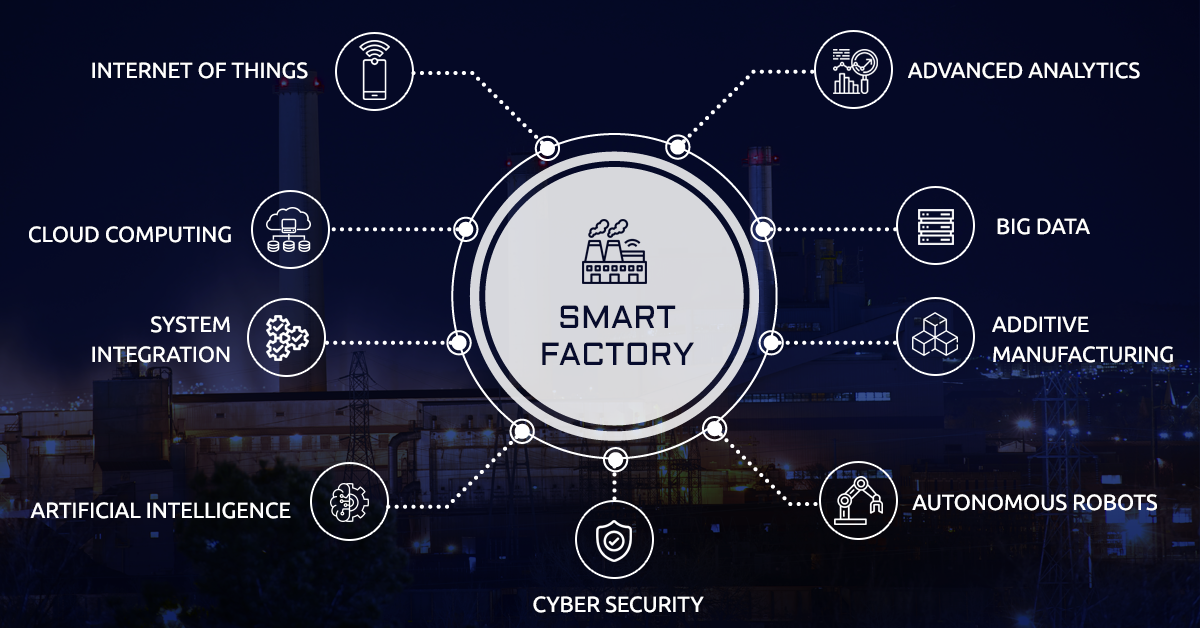
Epicor too has a very rich feature set that enables enterprises to streamline their business processes and scale as the business grows. It is a future-ready ERP system enabling businesses to leverage the latest technologies like IoT, AI, Big Data and analytics to keep in pace with the current industry trends.
Epicor’s partnership with Microsoft to standardise cloud deployments on Microsoft Azure empowers its customers to drive faster growth and innovation as they move to cloud and digitally transform their businesses.
Epicor offers you the flexibility of deployment on-premise, hosted or as a cloud-based SaaS. Unlike other vendors, Epicor comes with similar capabilities and features for cloud and on-premise deployment options. This allows customers to leverage all the features, flexibility and customisation capabilities offered by the system irrespective of the deployment option.
SAP vs Epicor
Choosing between the two vendors can become quite challenging with a very similar feature set from both the vendors and the significant strengths each of their products have.
However, we have evaluated the features of the products and various other factors to help you determine which ERP solution is the best for your organization.
For medium-sized organizations, the choice would be Epicor or SAP Business One or SAP Business ByDesign and for larger enterprises, the choices would be between Epicor and SAP S4/HANA.
Find below a comparison table for Epicor, SAP Business One, SAP Business ByDesign and SAP S4/HANA.


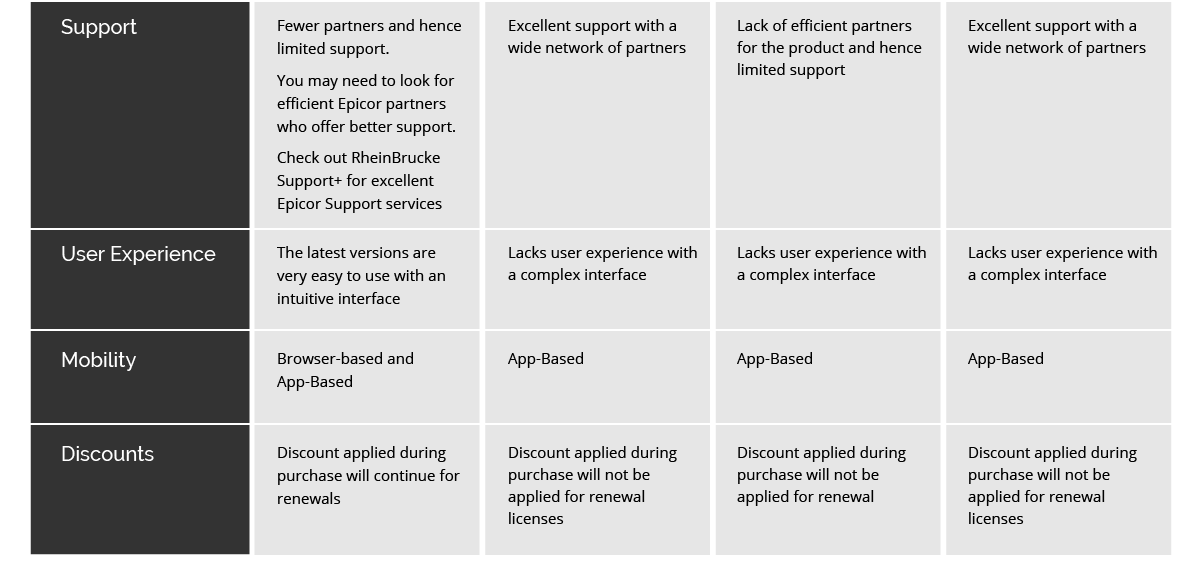
Epicor vs SAP- Who wins?
Based on the comparison table above, Epicor becomes a clear winner for mid-size to large organizations based on the below factors:
1.Cost of ownership
For SAP Business One, although the initial cost of ERP implementations is low, the maintenance costs are very high, thus making its cost of ownership higher than Epicor over time.
In the case of larger organizations, SAP S4/HANA is undoubtedly much costlier than Epicor with high implementation costs, customization cost, and maintenance cost.
The renewal costs for SAP products usually are very high, as any discounts applied during the implementation would not be considered during renewal and users may incur a price hike of up to 100%.
2.License Model
SAP offers a Named Users based license model which allows only named users to access the software.
Epicor on the other hand offers a Concurrent User based license model, in which the license is based on the number of users using the system at any point of time irrespective of who they are. This allows you to share the license with a group of people effectively. Organizations can take advantage of this model to share the license between people working in different time zones or shifts effectively. It can bring in significant savings on your license cost.
3.Scalability
With SAP offering three different products for organizations based on their size, and deployment options, scalability is quite limited for the lower-end product. As your business grows, you may have to switch to their other products. On the other hand, Epicor offers a single solution for businesses of all sizes allowing your system to scale as your organization grows without having to upgrade to a different product.
4.User Experience
Epicor 10 comes with an intuitive interface that is very easy to use and thus making end-user adoption easier with less training.
SAP products, on the other hand, have a complex interface making your transition to the new ERP system more time consuming and exhaustive.
5.Ease of customization
Epicor offers great flexibility with easy customization to meet your specific business needs if any.
SAP products too allow for extensive customization, but is more complex and time-consuming, with higher customization costs. It requires good ABAP knowledge and requires rigorous testing demanding more man-hours and expertise. However, the cloud solutions for SAP Business One and SAP S4/HANA comes with restricted customization capabilities and flexibility as they are limited versions of their original on-premise solutions.
6.Features and Functionality
With respect to features and functionalities, the SAP products and Epicor offers very strong and almost similar features.
But SAP Business One depends on a lot of add on third party components to provide a full solution for customers. Whereas Epicor has all the components built-in right from CRM to business intelligence, making it a more viable option.
Also, the focus of SAP continues to be SAP S4/HANA, and they are investing more in this product for more new functionalities, and capabilities feature making SAP Business One/ SAP Business ByDesign less viable products.
However, the SAP products have stronger business analytics reporting capabilities owing to their underlying SAP HANA platform.
But, with respect to Industry-specific functionalities, Epicor outperforms SAP products. With strong expertise in manufacturing vertical practices with features and functionalities tailored to meet needs for businesses under each vertical including Machinery, metal fabrication, Plastics and Rubber, Cable Manufacturing, Construction & EPC, Interior Design, Life Sciences/Pharma, Distribution, Retail, Hospitality, Oil and Gas, Field Services, etc.
The industry-specific functionalities eliminate or minimize customizations needed, saving you quite a lot of bucks. It also allows your enterprise system to align better with your industry trends and manage the processes more efficiently.
Epicor also outperforms SAP Business One for financial and HR management with much strong capabilities. The financial reporting tool in SAP Business One is not robust with a lack of payroll module, and particularly, the taxing and tax exemptions are not strong.
SAP products also lack a viable cloud strategy by offering a limited version of its on-premise solutions on the cloud. The cloud-options for SAP Business One and SAP S4/HANA have restricted functionalities whereas Epicor offers the same feature set for on-premise and on-cloud deployment options.
7.Payback time/ ROI
Due to the considerably lower cost of ownership, Epicor has a faster payback time and higher Return On Investment. It offers a comprehensive feature-set that allows businesses to enjoy all the benefits of implementing an ERP at the best cost when compared to SAP products which have an overall higher cost of ownership.
Although the implementation cost of SAP Business One and SAP Business ByDesign may be lower, they have a very high maintenance cost. SAP users usually end up paying a hefty price for maintenance and support after implementation, thereby increasing the overhead costs to keep the system running efficiently.
8.Implementation Time
The time required for implementation varies depending on the organization size, customizations needed and the deployment option.
However, implementation of SAP products usually tends to be more complex and time consuming compared to Epicor implementation. Epicor uses Epicor Signature Methodology which considerably reduces the implementation time compared to any other ERP solution.
Wrap Up
Considering the above facts, SAP Business One can be an ideal choice for small businesses with the number of users ranging from 5-200, while Epicor becomes a better choice for medium-sized businesses to large businesses owing to more flexible deployment options and comprehensive features set at the best cost giving you better return on investments.
Considering the huge cost of ownership and complexity, SAP S4/HANA is designed for extremely large enterprises with many departments and global locations requiring more complex processing, and who have the capital and infrastructure to support the complex system. For medium to large businesses looking for an optimal solution, SAP S4/HANA might become too massive, and you may end up stuck with an unnecessarily complex software for a huge price.
The choice of SAP vs Epicor ultimately depends on what you want from your ERP system and your goals. After all, each business has different needs. But to make the most from your ERP investments, ensure you make a right choice.
You can also refer to the user reviews from sites like G2, Gartner peer insights.
Epicor ERP reviews – G2, Gartner Peer Insights
SAP ERP Reviews – G2, Gartner Peer Insights
If you are still unsure of choosing the right ERP for your business, talk to our team of experts or download our ERP comparison white paper on choosing the right ERP for your business. We at RheinBrücke, provide ERP implementation, maintenance, and support services to clients globally on Epicor and SAP.
Disclaimer: The information in this blog represents the opinion of the author. Though the information herein has been obtained from public sources believed to be reliable, RheinBrücke makes no representation as to its accuracy or completeness. Hyperlinks to third-party websites in this report are provided for reader convenience only. RheinBrücke neither endorses the content nor is responsible for the accuracy or security controls of these websites.
Related Blogs
- Top 7 ERP Software for 2025

- HOW TO ACTIVATE EPICOR GLOBAL ALERTS IN LESS THAN A MINUTE

- How to Identify Bottlenecks in Your Manufacturing Process?

- ERP Comparison – Epicor ERP vs SAP ERP
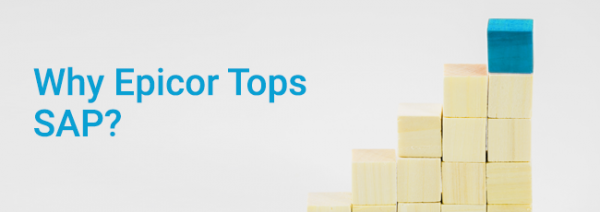
- Epicor vs NetSuite – Differences in Overheads
